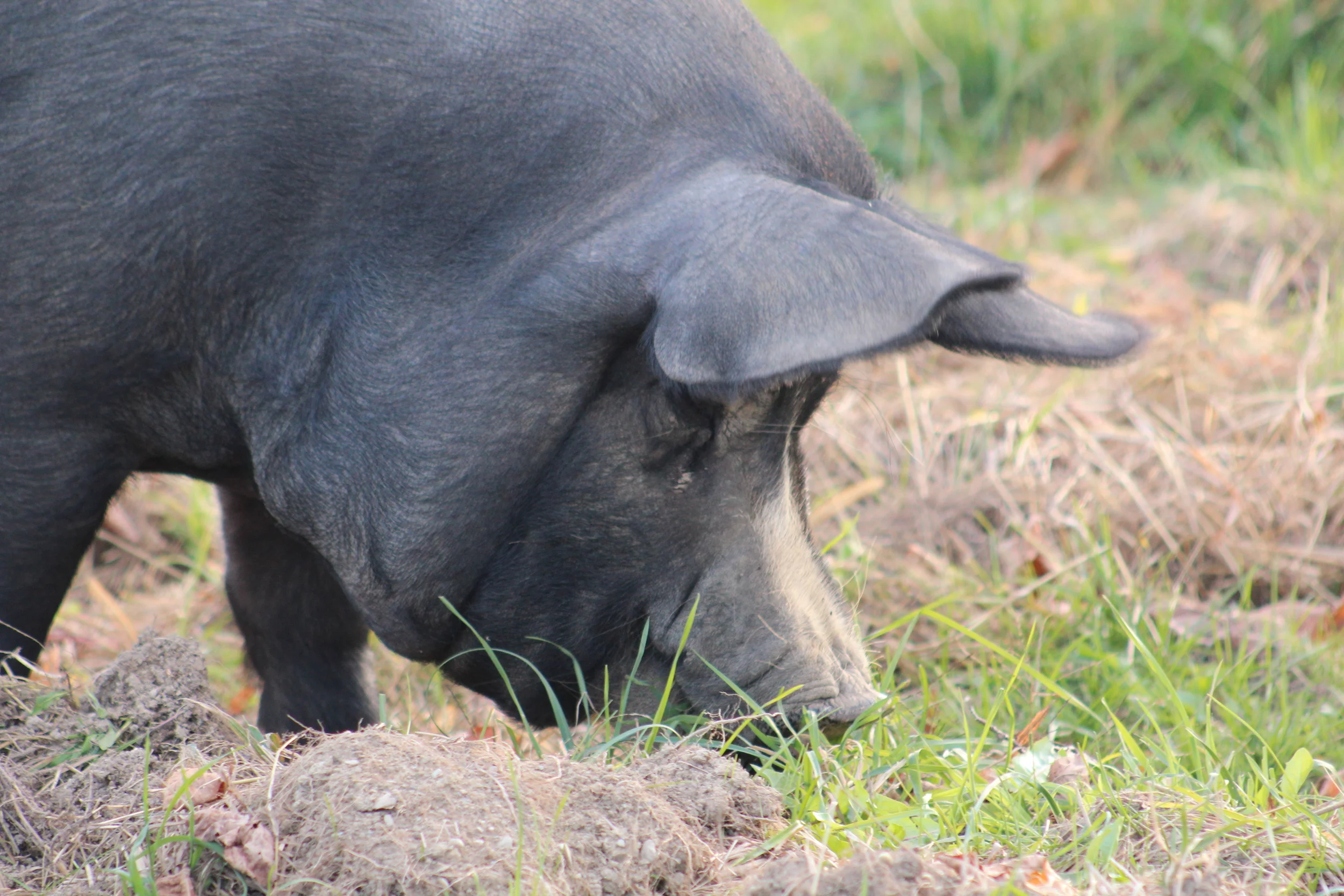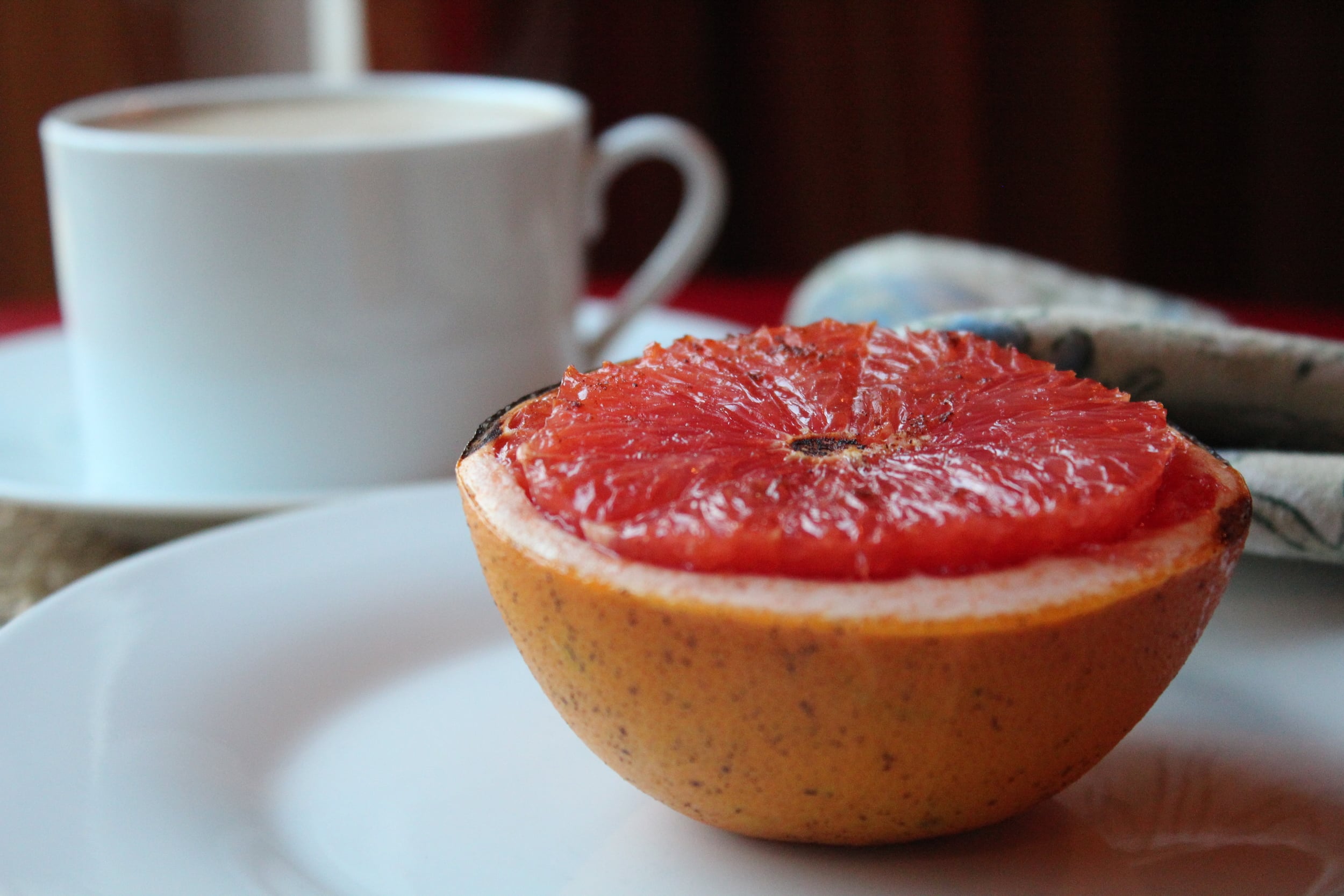A few years ago I accepted the challenge to "get off grain" and felt immediate benefits: fewer headaches, cravings and crashes. And joy of joys, those stubborn 10 pounds melted away!
I shut the door on wheat but let it swing open from time to time for other grains like corn (organic, non-GMO of course). That happens less frequently now because I find them mostly unappealing and sometimes co-reactive. In other words, I get food sensitivity symptoms like brain fog, heart palpitations and irritability.
No celiac or antibody testing was necessary to tell me that I feel better without wheat in my diet. Then came Dr. William Davis and the Wheat Belly revolution with a backlash from bread heads far and wide.
I get it. Bread is delicious and we love it.
There is no denying the intoxicating effect of those gluteo-morphine... but I've already been down that road in other bread-bashing posts so I won't go there.
Should everyone stop eating wheat forever?
Who knows. What I do know is that right now I feel better without it and you can do yourself a favor by taking a 3 week break from it to see if it's hurting you.
I also know that eating wheat makes you hungry.
Restaurant owners know this too. That's why they serve you free bread before you order your meal. You never "fill up on the bread" as you fear but instead, it stimulates your appetite and you usually order and eat more.
I just learned WHY from top health researcher Sayer Ji.
He says there is a little "thorn" in wheat called wheat germ agglutinin (WGA). This is a wheat protein that blocks the leptin receptor in the hypothalamus. Leptin is the hormone that tells you "that's enough, stop eating". If you have trouble knowing when to stop eating you may likely have developed "leptin resistance".
Remember that wheat is a grass. Do you know who eats grass non-stop, all day long?
Cows.
But it works for them to be hungry all day long. Cows have 4 stomachs and digest in a much different way than we do. One of the problems with wheat for us is the indigestible protein that blocks absorption of other nutrients. Gluten is the most commonly indicted of these troublesome proteins in wheat but there are many more.
In fact, Sayer Ji cites 215 problems with wheat from the research references. If you want the details, check this out at mindbodygreen.com
For now I'll leave you with this thought. The word for the human eating disorder that involves chronic overeating and binging on food is "bulimia" which literally means "hungry like a cow".








